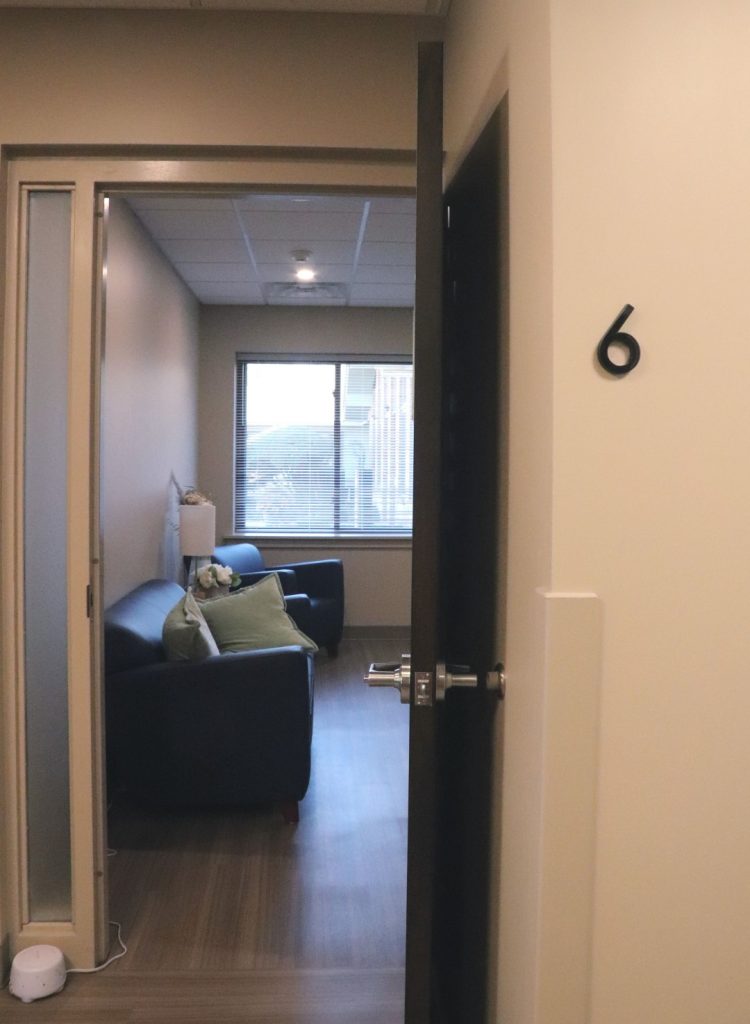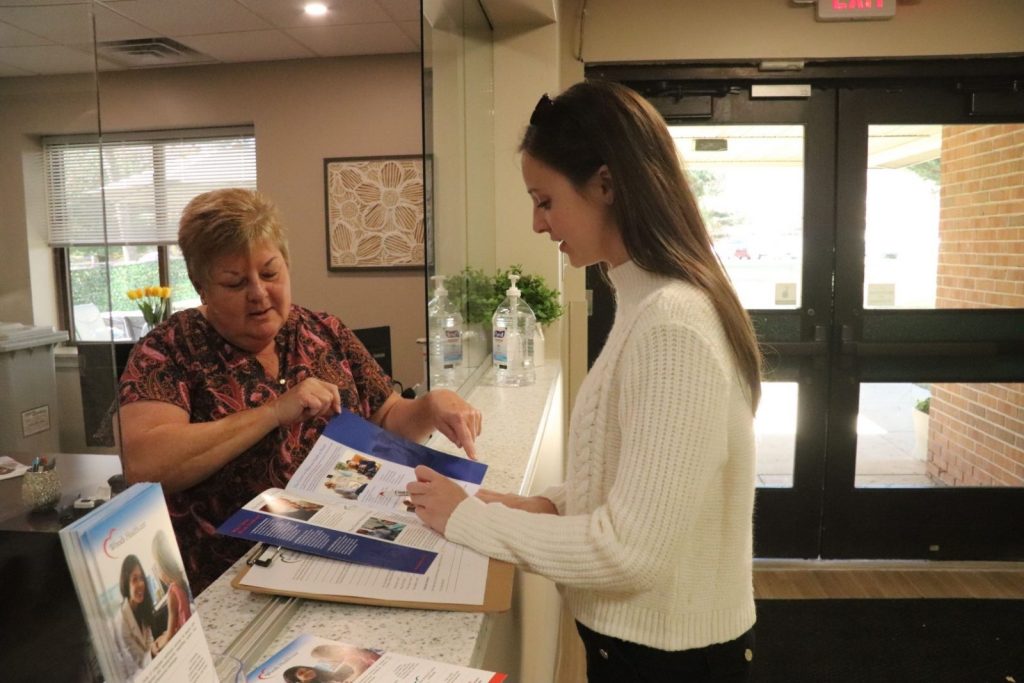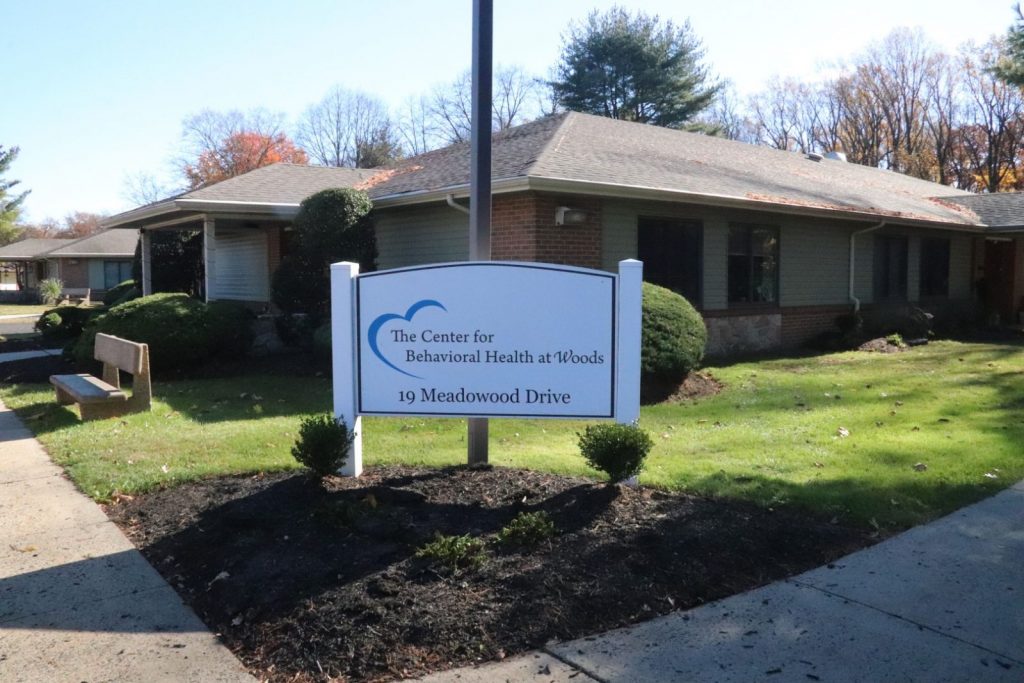People suffering from anxiety often don’t know the difference between panic attacks and anxiety attacks. If you suffer from anxiety, understanding the fundamental differences between the two will help you seek the appropriate help and improve your overall mental health.
Panic Attack vs Anxiety Attack: Understanding the Difference
Behavioral health professionals view these attacks as separate disorders with different underlying causes and distinct calming techniques. Knowing the causes and recognizing the symptoms of these attacks is crucial for both self-awareness and seeking appropriate help.
What is an Anxiety Attack?
 Anxiety attacks are generally characterized by excessive worry, fear, or stress. They often have a specific trigger or cause, such as a stressful event or a challenging situation. Anxiety attacks typically build up gradually and can last for an extended period, even hours or days.
Anxiety attacks are generally characterized by excessive worry, fear, or stress. They often have a specific trigger or cause, such as a stressful event or a challenging situation. Anxiety attacks typically build up gradually and can last for an extended period, even hours or days.
Anxiety Attack Symptoms
- Excessive worry or fear
- Muscle tension or restlessness
- Irritability
- Fatigue
- Difficulty concentrating
- Trouble sleeping
- Increased heart rate (though less intense than a panic attack)
- Gastrointestinal discomfort
- Feeling on edge or keyed up
What is a Panic Attack?
Panic attacks are sudden and intense episodes of fear or dread. They come on without warning and reach their peak within minutes. Panic attacks often feel like a life-threatening emergency, even though they are not.
Panic Attack Symptoms
- Sudden and overwhelming fear or terror
- Rapid heart rate (palpitations)
- Shortness of breath or hyperventilation
- Chest pain or discomfort
- Sweating profusely
- Trembling or shaking
- Feelings of choking
- Nausea or abdominal distress
- Dizziness or lightheadedness
- Fear of losing control or going crazy
- Fear of dying
- Numbness or tingling sensations
Now that you have a clearer understanding of the differences between anxiety attacks and panic attacks, you can address them appropriately if they should manifest.
How Do You Help an Anxiety Attack?
 There are several things you can do that may help you achieve calmness from an anxiety attack, including:
There are several things you can do that may help you achieve calmness from an anxiety attack, including:
- Deep breathing exercises
- Progressive muscle relaxation
- Mindfulness meditation
- Avoiding caffeine and excessive sugar
- Regular exercise
- Adequate sleep
- Seeking support from a therapist or counselor
How Do You Help a Panic Attack?
If you’re experiencing a panic attack, remember that it will pass. You can take the following steps to manage it:
- Acceptance: Acknowledge that you’re having a panic attack. It’s a temporary episode and not life-threatening.
- Deep Breathing: Focus on slow, deep breaths to regulate your heart rate and reduce feelings of suffocation.
- Grounding Techniques: Use grounding exercises like naming five things you can see, four things you can touch, three things you can hear, two things you can smell, and one thing you can taste.
- Relaxation: Progressive muscle relaxation can help alleviate physical tension.
- Seek Support: Reach out to a friend, family member, or therapist for comfort and reassurance.
Treatments and Therapies for Panic and Anxiety Attacks
At the Center for Behavioral Health at Woods, we offer a range of evidence-based treatments and therapies to help individuals suffering from anxiety and panic attacks. Our experienced professionals can tailor a treatment plan to meet your specific needs based on a wide range of effective approaches.
Cognitive Behavioral Therapy (CBT) is a goal-oriented therapy that helps individuals identify and change negative thought patterns and behaviors.
Medication Management may be utilized if a caregiver determines that prescription medications can help manage symptoms effectively.
 Learned and practiced relaxation techniques may be beneficial as well. We teach relaxation exercises and mindfulness practices to reduce stress and anxiety.
Learned and practiced relaxation techniques may be beneficial as well. We teach relaxation exercises and mindfulness practices to reduce stress and anxiety.
Some patients are helped by direct lifestyle changes. We
work with patients to develop healthy lifestyle habits, such as exercise, diet, and sleep, to support overall well-being.
Understanding the differences between anxiety and panic attacks is the first step in managing these conditions effectively. If you or someone you know is struggling with anxiety or panic attacks, know that help is available. The Center for Behavioral Health at Woods is here to provide expert guidance and support for improved mental health. Don’t hesitate to call us at 215-750-4004 or make an appointment today. You don’t have to face this challenge alone. We’re here for you.


